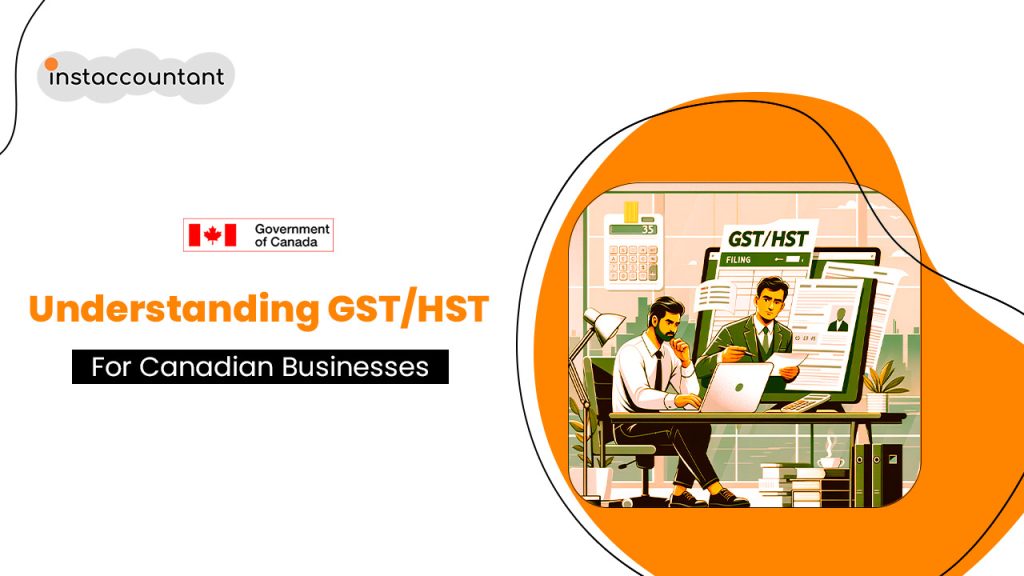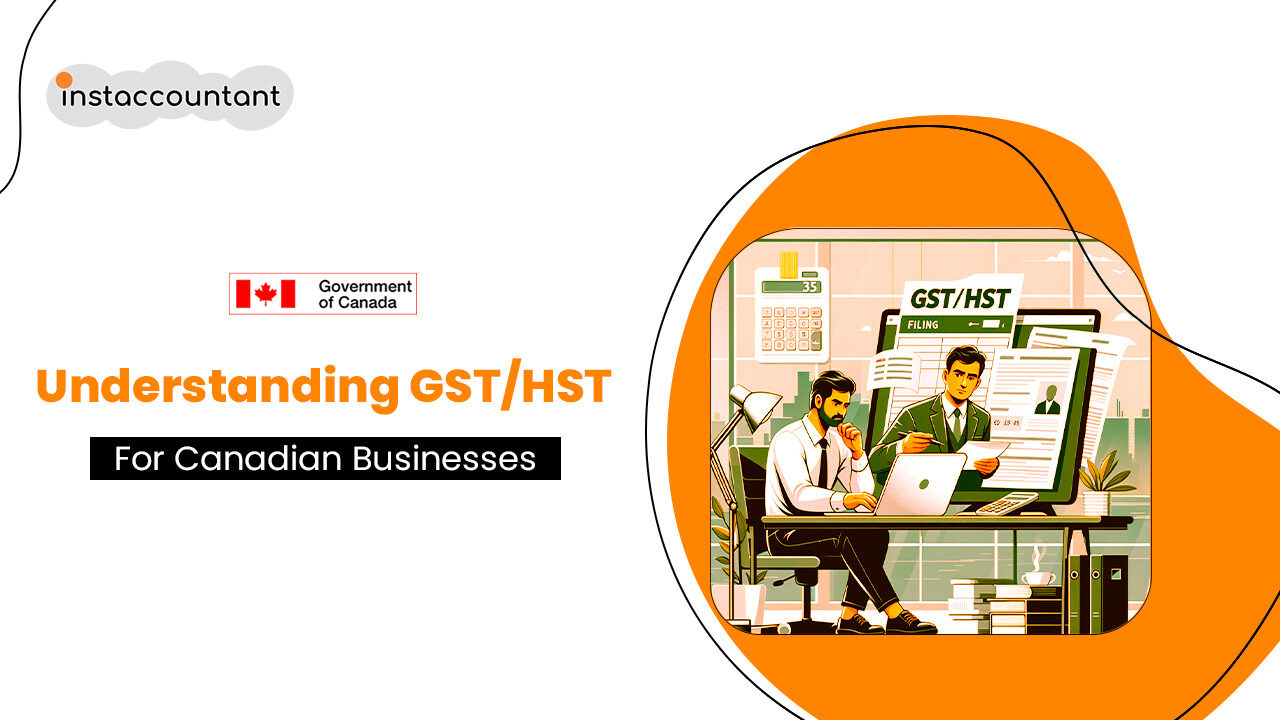If you are a Canadian business owner, you may wonder if you need to collect the goods and services tax (GST) or the harmonized sales tax (HST) from your customers. The answer depends on what you are selling, where you are selling it, and how much revenue you are making.

What is GST/HST?
GST is a federal tax that applies to most goods and services sold in Canada, except for some zero-rated items, such as basic groceries, music lessons, child care, and certain agricultural products. The current GST rate is 5%.
HST is a combined tax that includes the GST and a provincial sales tax (PST). It applies to the same goods and services as the GST, but at a higher rate. HST is only charged in provinces that have harmonized their PST with the GST, namely New Brunswick, Nova Scotia, Newfoundland and Labrador, Ontario, and Prince Edward Island. The HST rates vary from 13% to 15%, depending on the province.
You can check the GST/HST rates for each province on the Canada Revenue Agency (CRA) website.
Do You Need to Collect GST/HST?
If your business revenue exceeds $30,000 per year, you must register for a GST/HST account and collect and remit the tax on your sales of applicable products and services. You can also register voluntarily if your revenue is below $30,000, which may allow you to claim input tax credits for the GST/HST you pay on your business expenses.
To register for a GST/HST account, you can use the CRA’s online service or call 1-800-959-5525.
Once you are registered, you must:
- Charge the appropriate GST/HST rate on your sales, depending on the province where you make the sale and the type of product or service you sell.
- Issue invoices or receipts that show the amount of GST/HST charged and your GST/HST number.
- File GST/HST returns on a regular basis (monthly, quarterly, or annually), either online or by mail.
- Remit any net tax owing to the CRA by the due date of your return. Net tax is the difference between the GST/HST you collected and the GST/HST you paid on your business expenses.
- Keep accurate records of your sales and expenses for at least six years.
How Does GST/HST Affect Your Income Tax?
The amount of income tax you pay as a business owner depends on your form of organization and income level. For example, if you operate as a corporation, you will pay corporate income tax on your profits. If you operate as a sole proprietor or a partner in a partnership, you will pay personal income tax on your share of the business income.
GST/HST does not directly affect your income tax calculation, but it does affect your cash flow. You need to save enough money throughout the year to pay both your GST/HST and your income tax when they are due. Some self-employed Canadians set aside between 30% to 40% of their income for taxes. That way, they may have some extra money in case they owe more than they expected.
Conclusion
Collecting GST/HST from your customers is an important part of running a business in Canada. You need to know when to register for a GST/HST account, how to charge and remit the tax, and how to file your returns. You also need to plan ahead for your income tax obligations and save enough money to pay them on time.
If you need help with your GST/HST or income tax matters, contact us today. We are a professional accounting firm that specializes in helping small businesses with their tax needs. We can help you with:
- Registering for a GST/HST account
- Preparing and filing your GST/HST and income tax returns
- Claiming input tax credits and other deductions
- Dealing with CRA audits and disputes
- Optimizing your tax strategy
Don’t let taxes stress you out. Let us handle them for you. Call us today for a free consultation.




